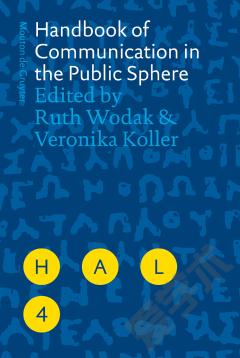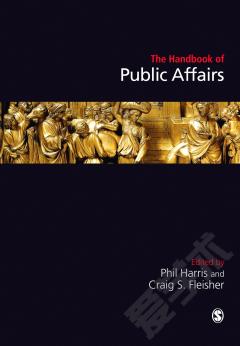Handbook Of Communication In The Public Sphere
This volume addresses the acute dilemma of the public sphere, which is by definition open to everyone but in practice often excludes particular groups of people in particular societies at particular points in time. Thus, the theoretical and conceptual issues of participation and democratisation are at the core of this volume. The guiding questions for this collection of articles are therefore: Who has access to the public sphere? How is this access enabled or disabled? Under what conditions is it granted or withheld, and by whom? Due to the salient changes of the notions of time and space, communication and language(s) nowadays cover many more domains and use different channels: Communication has become ubiquitous, fast and global. These changes have enormous impact on both institutional, public and every day lives. We regard the public sphere as the nodal point for the discourses of business, politics and media, and this basic assumption is also s reflected in the structure of the volume. Each of these three macro-topics comprises chapters by international renowned scholars from a variety of disciplines and research traditions who each combine up-to-date overviews of the relevant literature with their own cutting-edge research into aspects of different public spheres such as corporate promotional communication, political rhetoric or genre features of electronic mass media.
{{comment.content}}








 京公网安备 11010802027623号
京公网安备 11010802027623号